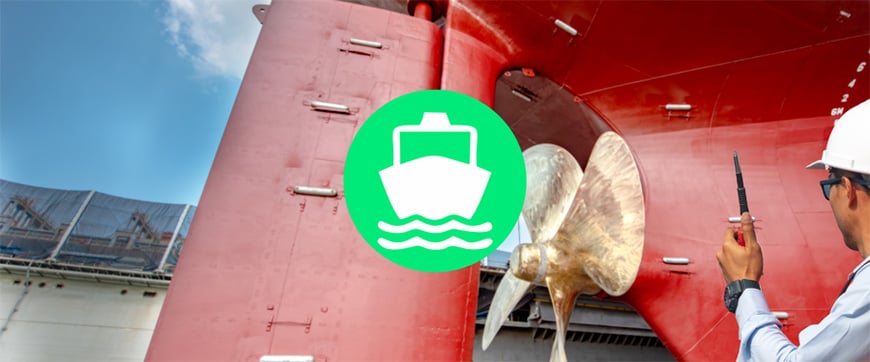Are you a Maritime or Marine inspection professional?
Looking to broaden your horizons, and expand your business and customer base?
Get onboard with the biggest inspection network in the world.
Get onboard with the fastest growing inspection network in the world.
At Inspexion, we’re revolutionizing the inspection industry by connecting inspectors with clients worldwide. Our platform is trusted by over 165,000 freelance quality control professionals and over 600 inspection companies worldwide. Now, we’re looking for marine and maritime inspectors to join our growing network.
How It Works
- Create Your Account: Sign up for free and create your professional profile.
- Get Matched: Our algorithm matches you with clients who need your expertise.
- Perform Inspections: Conduct inspections at your convenience and according to international standards.
- Get Paid: Receive secure online payments once the client validates your inspection report.
The Inspexion Advantage
- Cost-Effective: With Inspexion, clients save on travel costs by hiring inspectors closest to their inspection site. This means more job opportunities for you.
- Secure Payments: Our secure online payment system ensures that you get paid once the client validates your inspection report.
- Professional Growth: Enhance your skills and grow your career with a wide range of inspection opportunities.

Marine and maritime inspections are crucial processes within the maritime industry that ensure the safety, security, and compliance of vessels, ports, and maritime facilities. These inspections are conducted by various maritime authorities, regulatory bodies, and classification societies to mitigate risks, maintain industry standards, and protect the environment. Here's an overview of marine and maritime inspections:
Vessel Inspections:
Safety Inspections: These inspections focus on a vessel's structural integrity, equipment, and operational procedures to ensure they meet safety standards. They include checks on life-saving equipment, navigation systems, fire safety, and more.
Port State Control (PSC) Inspections: Conducted by port authorities, these inspections examine visiting foreign vessels to ensure compliance with international safety and environmental standards. Non-compliant vessels may be detained or fined.
Flag State Inspections: The flag state, where a vessel is registered, conducts inspections to verify compliance with its regulations. These inspections ensure that the vessel is maintained in a seaworthy condition and meets international standards.
Classification Society Surveys: Ships may undergo periodic surveys by classification societies (e.g., Lloyd's Register, ABS) to assess their structural integrity, maintenance, and compliance with classification rules.
Maritime Facility Inspections:
Port Facility Security Assessments (PFSA): These inspections evaluate the security measures in place at maritime facilities, such as ports and terminals, to safeguard against potential security threats.
Oil Terminal Inspections: Facilities involved in the storage and transportation of oil and petroleum products are inspected to ensure compliance with environmental regulations and safety standards.
Cargo Handling Inspections: Inspections of cargo handling facilities, such as container terminals and bulk cargo facilities, to ensure safe and efficient cargo operations.
Maritime Environmental Inspections:
Ballast Water Management Inspections: Aimed at preventing the spread of invasive species, these inspections ensure vessels comply with regulations for the management and treatment of ballast water.
Oil Pollution Prevention Inspections: Focus on compliance with regulations like the International Convention for the Prevention of Pollution from Ships (MARPOL) to prevent oil spills and pollution.
Customs and Immigration Inspections:
Inspections related to customs and immigration are conducted at ports of entry to ensure that vessels and their crews comply with immigration, customs, and trade regulations.
Cargo Inspections:
Cargo inspections involve the examination of goods being loaded or unloaded from vessels to ensure they meet regulatory and safety standards. This is important for both import and export operations.
Passenger Ship Inspections:
Passenger ships are subject to inspections that focus on safety, emergency procedures, and compliance with passenger safety regulations, including life-saving equipment and evacuation plans.





